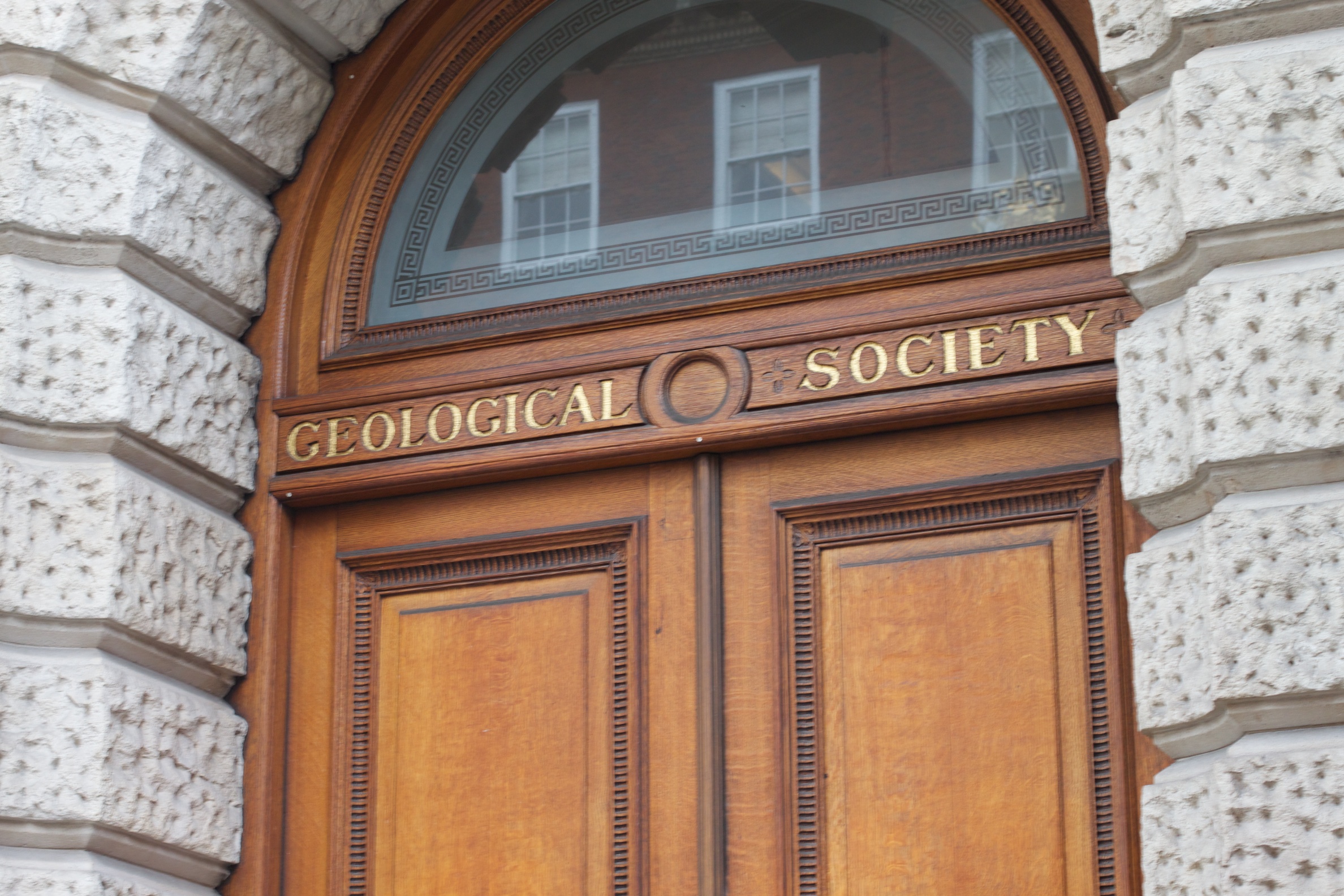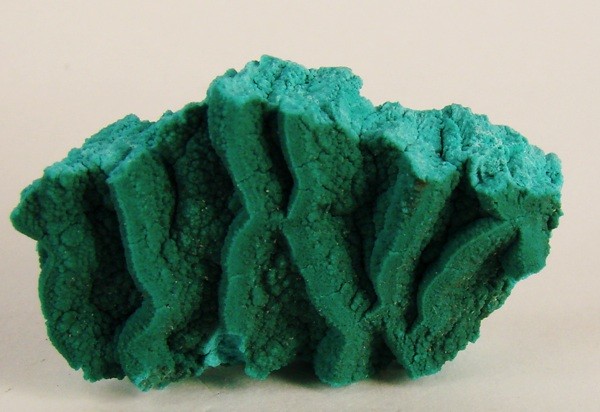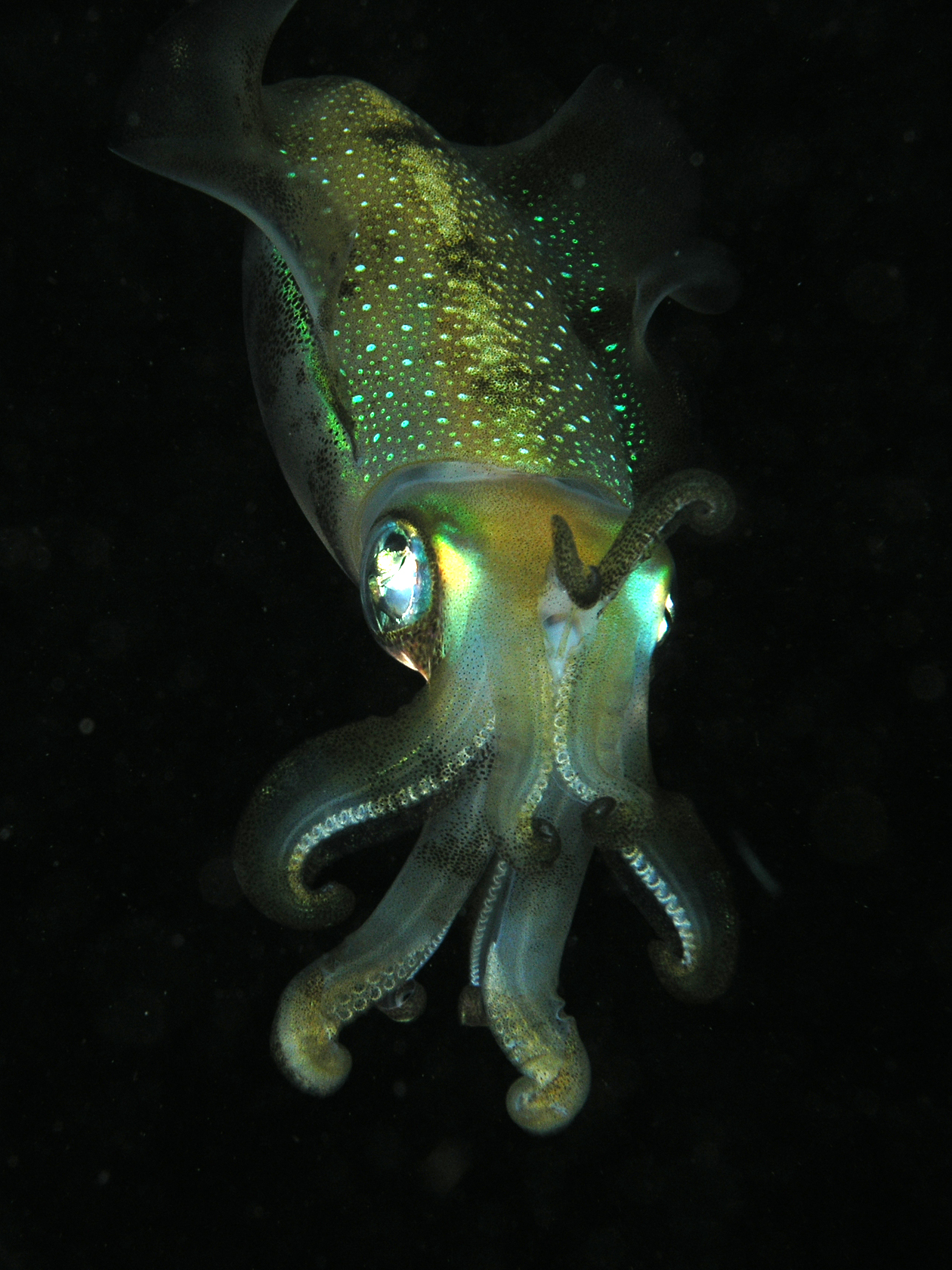|
Horace Bolingbroke Woodward
Horace Bolingbroke Woodward , (20 August 1848 – 6 February 1914) was a British geologist who participated in the Geological Survey of England and Wales from 1867 until his retirement in 1908. He was vice-president of the Geological Society, where he was elected a Fellow in 1868; elected a Fellow of the Royal Society in 1896, and awarded the Wollaston Medal in 1909. He was second son of geologist Samuel Pickworth Woodward, himself second son of geologist and antiquary Samuel Woodward. His brother was malacologist Malacology is the branch of invertebrate zoology that deals with the study of the Mollusca (mollusks or molluscs), the second-largest phylum of animals in terms of described species after the arthropods. Mollusks include snails and slugs, clams, ... Bernard Barham Woodward. Selected works * * * * * References 1848 births 1914 deaths English geologists Fellows of the Royal Society Wollaston Medal winners Fellows of the Geological Society of London ... [...More Info...] [...Related Items...] OR: [Wikipedia] [Google] [Baidu] |
Geological Society
The Geological Society of London, known commonly as the Geological Society, is a learned society based in the United Kingdom. It is the oldest national geological society in the world and the largest in Europe with more than 12,000 Fellows. Fellows are entitled to the postnominal FGS (Fellow of the Geological Society), over 2,000 of whom are Chartered Geologists (CGeol). The Society is a Registered Charity, No. 210161. It is also a member of the Science Council, and is licensed to award Chartered Scientist to qualifying members. The mission of the society is: "Making geologists acquainted with each other, stimulating their zeal, inducing them to adopt one nomenclature, facilitating the communication of new facts and ascertaining what is known in their science and what remains to be discovered". History The Society was founded on 13 November 1807 at the Freemasons' Tavern, Great Queen Street, in the Covent Garden district of London. It was partly the outcome of a previous club ... [...More Info...] [...Related Items...] OR: [Wikipedia] [Google] [Baidu] |
Fellow Of The Royal Society
Fellowship of the Royal Society (FRS, ForMemRS and HonFRS) is an award granted by the judges of the Royal Society of London to individuals who have made a "substantial contribution to the improvement of natural science, natural knowledge, including mathematics, engineering science, and medical science". Fellow, Fellowship of the Society, the oldest known scientific academy in continuous existence, is a significant honour. It has been awarded to many eminent scientists throughout history, including Isaac Newton (1672), Michael Faraday (1824), Charles Darwin (1839), Ernest Rutherford (1903), Srinivasa Ramanujan (1918), Albert Einstein (1921), Paul Dirac (1930), Winston Churchill (1941), Subrahmanyan Chandrasekhar (1944), Dorothy Hodgkin (1947), Alan Turing (1951), Lise Meitner (1955) and Francis Crick (1959). More recently, fellowship has been awarded to Stephen Hawking (1974), David Attenborough (1983), Tim Hunt (1991), Elizabeth Blackburn (1992), Tim Berners-Lee (2001), Venki R ... [...More Info...] [...Related Items...] OR: [Wikipedia] [Google] [Baidu] |
Wollaston Medal
The Wollaston Medal is a scientific award for geology, the highest award granted by the Geological Society of London. The medal is named after William Hyde Wollaston, and was first awarded in 1831. It was originally made of gold (1831–1845), then palladium, a metal discovered by Wollaston (1846–1860). Next in gold again (1861–1929) and then in palladium again (1930–present). Laureates SourcGeological Society 1831–1850 *1831 William 'Strata' Smith *1835 Gideon Mantell *1836 Louis Agassiz *1837 Proby Thomas Cautley *1837 Hugh Falconer *1838 Richard Owen *1839 Christian Gottfried Ehrenberg *1840 André Hubert Dumont *1841 Adolphe-Théodore Brongniart *1842 Leopold von Buch *1843 Jean-Baptiste Élie de Beaumont *1843 Pierre Armand Dufrenoy *1844 William Conybeare *1845 John Phillips *1846 William Lonsdale *1847 Ami Boué *1848 William Buckland *1849 Joseph Prestwich *1850 William Hopkins 1851–1900 *1851 Adam Sedgwick *1852 William Henry Fitton *1853 Adolphe d'Arc ... [...More Info...] [...Related Items...] OR: [Wikipedia] [Google] [Baidu] |
Samuel Pickworth Woodward
Samuel Pickworth Woodward (17 September 1821 – 11 July 1865) was an English geologist and malacologist. Biography He was the son of the geologist Samuel Woodward. In 1845, S. P. Woodward became the professor of geology and natural history in the Royal Agricultural College, Cirencester. In 1848 he was appointed assistant in the department of geology and mineralogy in the British Museum (Natural History), British Museum. He was author of ''A Manual of the Mollusca'' (in three parts, 1851, 1853 and 1856). He proposed the term Bernician Series for the lower portion of the Carboniferous System, below the Gritstone, Millstone Grit. He died on the 11th July 1865 and was buried on the eastern side of Highgate Cemetery. Woodwardite, a hexagonal mineral containing aluminum, copper, hydrogen, oxygen, and Sulfur, sulphur, was described as a new mineral species by Church (1866) and named in honour Samuel Pickworth Woodward; its (type locality (geology), type locality was given only ... [...More Info...] [...Related Items...] OR: [Wikipedia] [Google] [Baidu] |
Samuel Woodward
Samuel Woodward (3 October 1790 – 14 January 1838), English geologist and antiquary, was born at Norwich. He was for the most part self-educated. Apprenticed in 1804 to a manufacturer of camlets and bombazines, a taste for serious study was stimulated by his master, Alderman John Herring and by Joseph John Gurney. Becoming interested in geology and archaeology, he began to form the collection which after his death was purchased for the Norwich museum. In 1820 he obtained a clerkship in Gurney's (afterwards Barclay's) bank at Norwich, and Hudson Gurney and Dawson Turner (of Yarmouth), both fellows of the Royal Society, encouraged his scientific work. He communicated to the ''Archaeologia'' articles on the round church towers of Norfolk, the Roman remains of the country, etc., and other papers on natural history and geology to the ''Mag. Nat. Hist.'' and ''Phil. Mag.'' He was author of: *''A Synoptical Table of British Organic Remains'' (1830), the first work of its kind in B ... [...More Info...] [...Related Items...] OR: [Wikipedia] [Google] [Baidu] |
Malacologist
Malacology is the branch of invertebrate zoology that deals with the study of the Mollusca (mollusks or molluscs), the second-largest phylum of animals in terms of described species after the arthropods. Mollusks include snails and slugs, clams, and cephalopods, along with numerous other kinds, many of which have shells. One division of malacology, conchology, is devoted to the study of mollusk shells. Malacology derives . Fields within malacological research include taxonomy, ecology Ecology () is the study of the relationships between living organisms, including humans, and their physical environment. Ecology considers organisms at the individual, population, community, ecosystem, and biosphere level. Ecology overlaps wi ... and evolution. Applied malacology studies medical, veterinary, and agricultural applications; for example, mollusks as vectors of disease, as in schistosomiasis. Archaeology employs malacology to understand the evolution of the climate, the biota ... [...More Info...] [...Related Items...] OR: [Wikipedia] [Google] [Baidu] |
Bernard Barham Woodward
Bernard Barham Woodward (3 August 1853 – 27 October 1930) was a British malacologist and author of a catalogue of the works of Carl Linnaeus. He was a member of staff at the British Museum and then the Natural History Museum. Biography He was the son of the geologist Samuel Pickworth Woodward, a nephew of the antiquarian Bernard Bolingbroke Woodward and the geologist Henry Woodward and brother of the geologist Horace Bolingbroke Woodward. He was one of the last surviving members of the British Museum Natural History staff which transferred in 1881 from the British Museum to the Natural History Museum. Woodward was an Assistant in the British Museum and on becoming Librarian at the Natural History Museum became responsible for the general catalogue of the books. He worked in this position from 1903 to his retirement in 1920, by which time the Library had gained an international reputation. [...More Info...] [...Related Items...] OR: [Wikipedia] [Google] [Baidu] |
HMSO
The Office of Public Sector Information (OPSI) is the body responsible for the operation of His Majesty's Stationery Office (HMSO) and of other public information services of the United Kingdom. The OPSI is part of the National Archives of the United Kingdom and is responsible for Crown copyright. The OPSI announced on 21 June 2006 that it was merging with the National Archives. The merger took place in October 2006. The OPSI continues to discharge its roles and responsibilities from within the structure of the National Archives. Controller of HMSO and Director of OPSI The Controller of HMSO is also the Director of OPSI. HMSO continues to operate from within the expanded remit of OPSI. The Controller of HMSO also holds the offices of Kings's Printer of Acts of Parliament, King's Printer for Scotland and Government Printer for Northern Ireland. By virtue of holding these offices OPSI publishes, through HMSO, the '' London Gazette'', ''Edinburgh Gazette'', ''Belfast Gazette'' ... [...More Info...] [...Related Items...] OR: [Wikipedia] [Google] [Baidu] |
1848 Births
1848 is historically famous for the wave of revolutions, a series of widespread struggles for more liberal governments, which broke out from Brazil to Hungary; although most failed in their immediate aims, they significantly altered the political and philosophical landscape and had major ramifications throughout the rest of the century. Ereignisblatt aus den revolutionären Märztagen 18.-19. März 1848 mit einer Barrikadenszene aus der Breiten Strasse, Berlin 01.jpg, Cheering revolutionaries in Berlin, on March 19, 1848, with the new flag of Germany Lar9 philippo 001z.jpg, French Revolution of 1848: Republican riots forced King Louis-Philippe to abdicate Zeitgenössige Lithografie der Nationalversammlung in der Paulskirche.jpg, German National Assembly's meeting in St. Paul's Church Pákozdi csata.jpg, Battle of Pákozd in the Hungarian Revolution of 1848 Events January–March * January 3 – Joseph Jenkins Roberts is sworn in, as the first president of the inde ... [...More Info...] [...Related Items...] OR: [Wikipedia] [Google] [Baidu] |
1914 Deaths
This year saw the beginning of what became known as World War I, after Archduke Franz Ferdinand of Austria, heir to the Austrian throne was Assassination of Archduke Franz Ferdinand, assassinated by Serbian nationalist Gavrilo Princip. It also saw the first airline to provide scheduled regular commercial passenger services with heavier-than-air aircraft, with the St. Petersburg–Tampa Airboat Line. Events January * January 1 – The St. Petersburg–Tampa Airboat Line in the United States starts services between St. Petersburg, Florida, St. Petersburg and Tampa, Florida, becoming the first airline to provide scheduled regular commercial passenger services with heavier-than-air aircraft, with Tony Jannus (the first federally-licensed pilot) conveying passengers in a Benoist XIV flying boat. Abram C. Pheil, mayor of St. Petersburg, is the first airline passenger, and over 3,000 people witness the first departure. * January 11 – The Sakurajima volcano in Japan b ... [...More Info...] [...Related Items...] OR: [Wikipedia] [Google] [Baidu] |
English Geologists
English usually refers to: * English language * English people English may also refer to: Peoples, culture, and language * ''English'', an adjective for something of, from, or related to England ** English national identity, an identity and common culture ** English language in England, a variant of the English language spoken in England * English languages (other) * English studies, the study of English language and literature * ''English'', an Amish term for non-Amish, regardless of ethnicity Individuals * English (surname), a list of notable people with the surname ''English'' * People with the given name ** English McConnell (1882–1928), Irish footballer ** English Fisher (1928–2011), American boxing coach ** English Gardner (b. 1992), American track and field sprinter Places United States * English, Indiana, a town * English, Kentucky, an unincorporated community * English, Brazoria County, Texas, an unincorporated community * Engli ... [...More Info...] [...Related Items...] OR: [Wikipedia] [Google] [Baidu] |
Fellows Of The Royal Society
Fellowship of the Royal Society (FRS, ForMemRS and HonFRS) is an award granted by the judges of the Royal Society of London to individuals who have made a "substantial contribution to the improvement of natural knowledge, including mathematics, engineering science, and medical science". Fellowship of the Society, the oldest known scientific academy in continuous existence, is a significant honour. It has been awarded to many eminent scientists throughout history, including Isaac Newton (1672), Michael Faraday (1824), Charles Darwin (1839), Ernest Rutherford (1903), Srinivasa Ramanujan (1918), Albert Einstein (1921), Paul Dirac (1930), Winston Churchill (1941), Subrahmanyan Chandrasekhar (1944), Dorothy Hodgkin (1947), Alan Turing (1951), Lise Meitner (1955) and Francis Crick (1959). More recently, fellowship has been awarded to Stephen Hawking (1974), David Attenborough (1983), Tim Hunt (1991), Elizabeth Blackburn (1992), Tim Berners-Lee (2001), Venki Ramakrishnan ... [...More Info...] [...Related Items...] OR: [Wikipedia] [Google] [Baidu] |





.jpg)